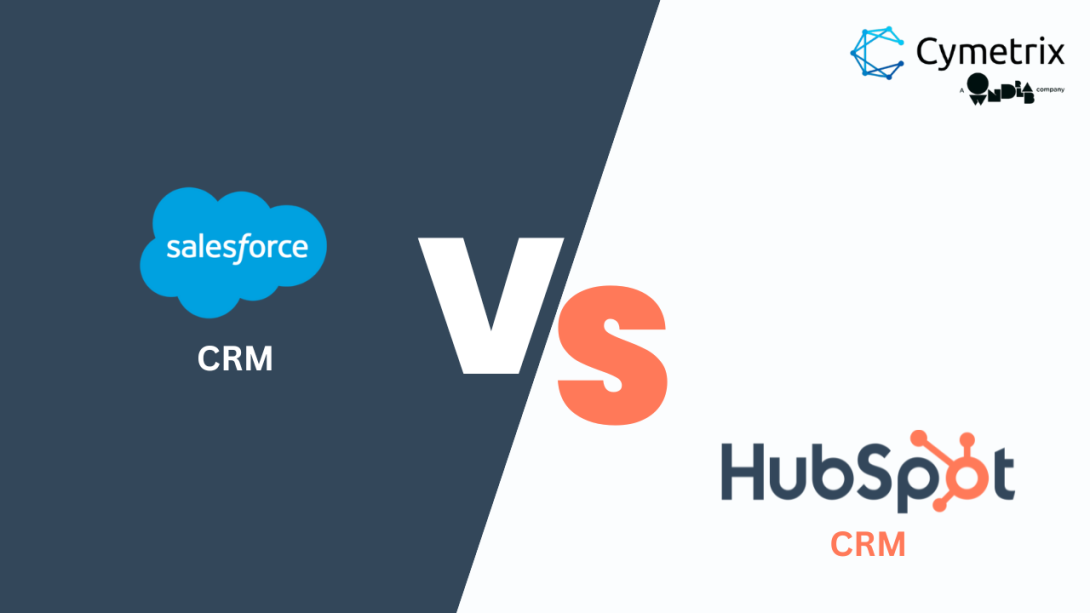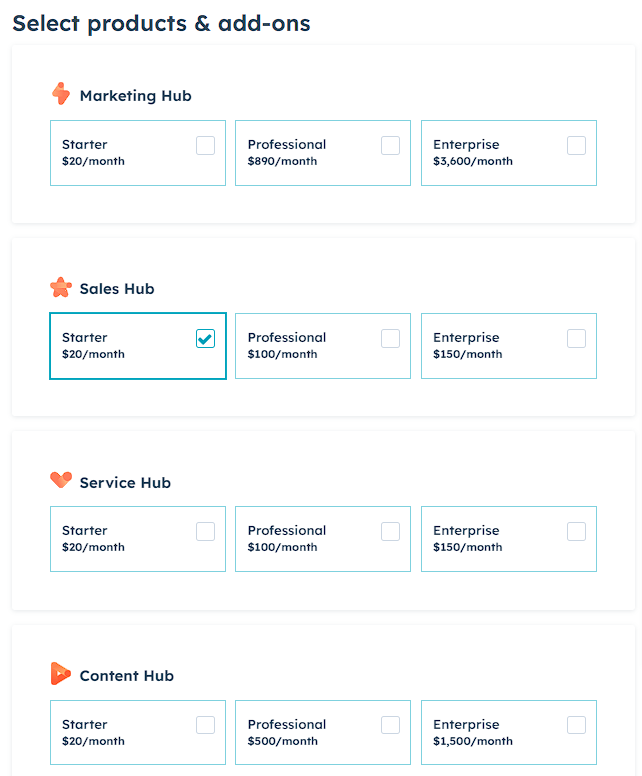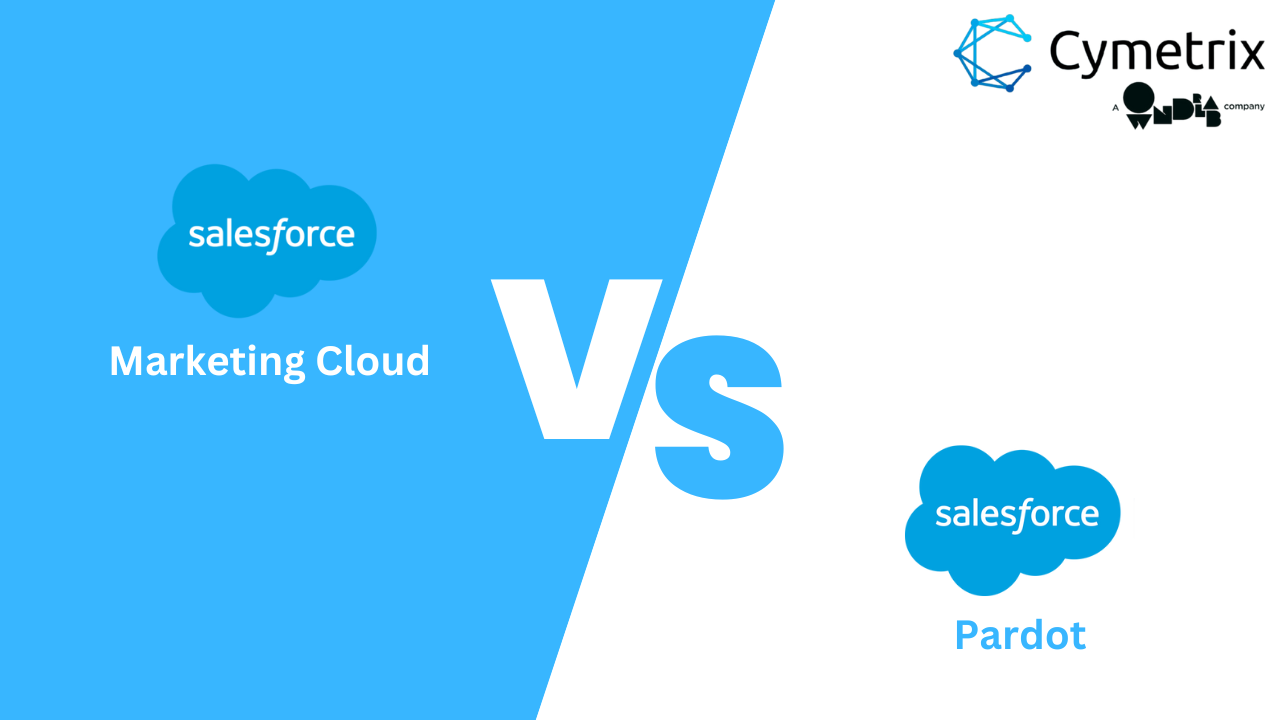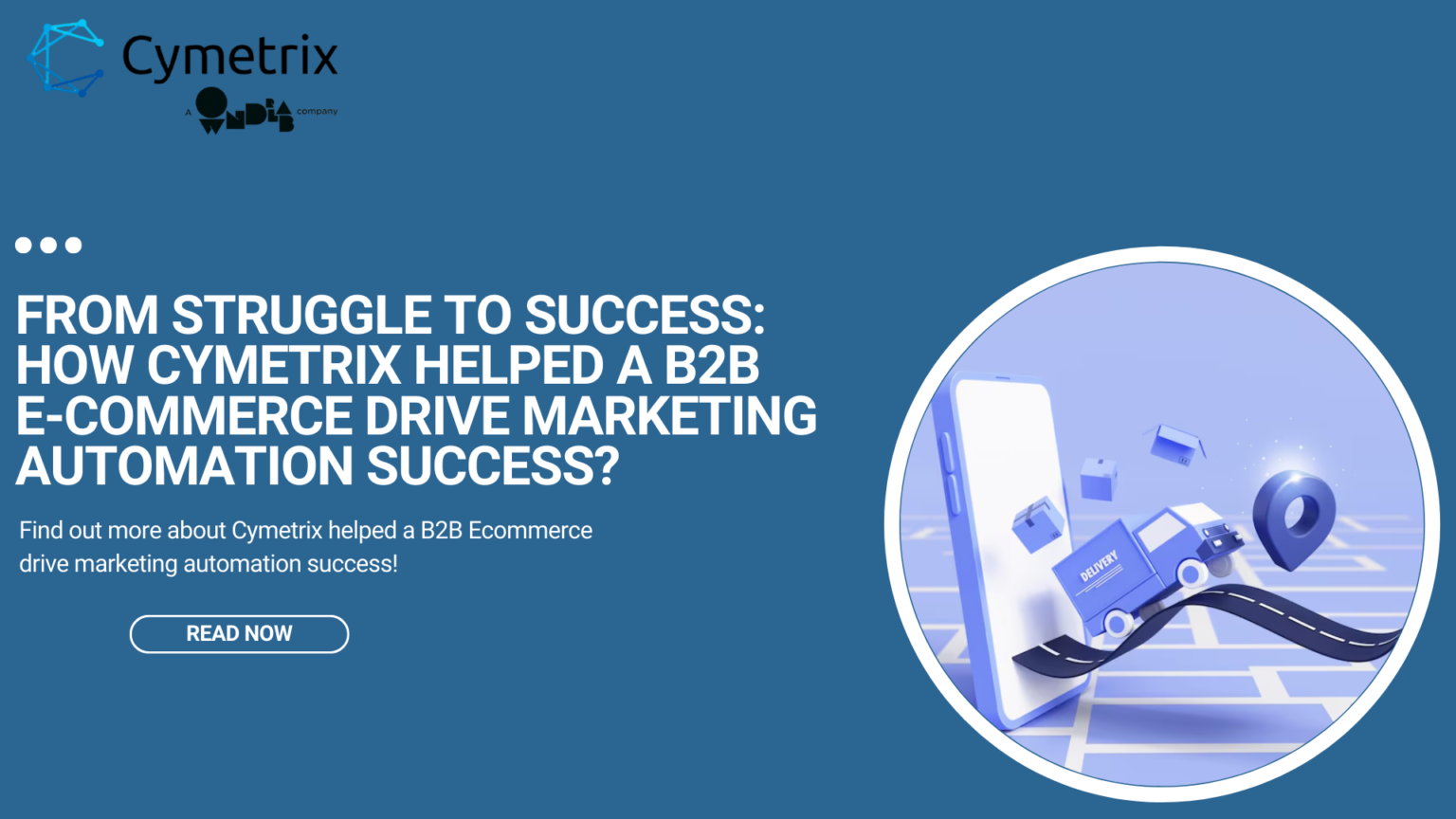
Salesforce CRM or HubSpot CRM, unable to decide which one’s the right choice for your business? Well, don’t worry, we’ve got you covered. We have brought to you a detailed comparison between both platforms, that is sure to help you understand which one’s the right choice for you. So, don’t wait, keep reading to find out more!
Introduction
Choosing the right CRM can be a tremendously challenging and troublesome decision for various organizations. With so many options available, it’s easy to get overwhelmed. Whether you're running a fast-growing startup or managing a large enterprise, your CRM is the backbone of your customer relationships and sales strategy.
When it comes to the top contenders, Salesforce CRM and HubSpot CRM are two of the biggest names in the market. But here’s the real question: Which one of these two is the best fit for your business?
In the last decade, we have worked with several companies in different industries (Pharma, Media & Entertainment, Real Estate, Ecommerce, Manufacturing, etc.) and have helped them find and implement the right CRM for their business.
Similarly, today, our Salesforce Sales Cloud Consultants at Cymetrix are here to help you understand the difference between Salesforce and HubSpot CRM. That will eventually help you differentiate between the features and use cases to find the right fit for your business.
So, let’s get started with the faceoff between Salesforce CRM vs HubSpot CRM!
What’s the difference between Salesforce and HubSpot CRM?
To help you better understand the difference, we will be comparing both Salesforce and HubSpot on the basis of some common factors regarding a CRM. Here’s all you need to know:
Scalability
Here’s the thing—your business isn’t static. As you grow, your CRM needs to be able to keep up. That’s where scalability comes in, and it’s crucial to ensure your CRM won’t hold you back when your team or customer base expands. So, how do Salesforce and HubSpot stack up?
Salesforce CRM: If your vision involves scaling your business to new heights, Salesforce has got you covered. It's designed to support everything from small startups to global enterprises. Whether you’re adding more users, expanding into new markets, or need complex, multi-tiered processes, Salesforce can handle it all. Think of it as a platform that scales as fast as you do.
HubSpot CRM: HubSpot works well for a small or medium-sized business looking for a lightweight solution. It’s user-friendly and straightforward, but when it comes to scaling for large enterprises, you are quite likely to hit limitations. HubSpot works well for companies that don’t require advanced customization or enterprise-level infrastructure.
Contact Management
Ever feel like getting overwhelmed with the customer data? That’s where contact management comes in handy—it’s the heartbeat of any CRM system. The right CRM should make it easy to organize, track, and engage with your customers. Let’s see how Salesforce and HubSpot compare when it comes to keeping your contacts in order.
Salesforce CRM: Salesforce offers a powerhouse of contact management tools. You get detailed profiles with insights into contact activity, interactions, and even engagement history. It’s ideal if you need a 360-degree view of your customers—perfect for businesses managing large databases or complex customer journeys. Salesforce ensures nothing slips through the cracks, keeping your relationships strong and your sales team informed.
HubSpot CRM: HubSpot keeps things simple but effective. It provides everything you need to store and organize your contacts, without the complexity. You can easily manage contact details, log communications, and track your interactions. It’s a streamlined approach that works great for businesses with straightforward contact management needs.
Sales Automation
We all understand the significance of automation nowadays, it would have been impossible to keep up with manual and tedious sales tasks otherwise. But what do Salesforce and HubSpot CRM offer when it comes to automation?
Salesforce CRM: When it comes to automation, Salesforce is a game-changer. Its Salesforce automation tools are designed to handle everything from lead tracking and opportunity management to complex forecasting. You can automate workflows, assign tasks to sales reps, and even get AI-driven insights to predict the next best action. For companies with large sales teams and long sales cycles, Salesforce’s automation makes selling smarter, not harder.
HubSpot CRM: HubSpot also offers sales automation but in a more simplified way. You can automate basic tasks like deal tracking, follow-up emails, and task reminders, which can be a lifesaver for small teams. While it’s not as advanced as Salesforce, it’s adequate for businesses that don’t need complex workflows or predictive analytics. HubSpot’s ease of use means you can get automation up and running quickly without a steep learning curve.
Customer Support
Customer support can make or break your relationship with clients, right? A good support system keeps customers satisfied, solves problems quickly, and builds loyalty over time. So, how do Salesforce and HubSpot stack up in providing the tools needed to deliver top-notch customer service?
Salesforce CRM: When it comes to customer support, Salesforce offers an entire ecosystem. It includes robust case management, knowledge bases, and even a customer self-service portal. Your team can efficiently handle inquiries, track tickets, and provide personalized responses. Whether you need automated workflows for support or want to empower your customers with self-service tools, Salesforce has it all. If support is a major part of your business, Salesforce’s depth and flexibility shine here.
HubSpot CRM: HubSpot, on the other hand, only has essential features like ticketing and a basic knowledge base, making it easy for your team to respond to customer queries. While it might not have the same level of sophistication as Salesforce, HubSpot’s support tools are usually enough for small teams and businesses with basic support needs.
Reporting and Analytics
Let’s face it— operating in this data-driven era is like driving in traffic while blindfolded! To grow your business and make smarter decisions, you need powerful reporting and analytics tools that offer real and actionable insights. So, how do Salesforce and HubSpot fare when it comes to crunching the numbers?
Salesforce CRM: Salesforce is a data powerhouse. Its reporting and analytics capabilities are incredibly advanced, allowing you to track virtually any metric across your sales, marketing, and service departments. You can build customized reports, create dynamic dashboards, and dive deep into your KPIs. Whether you need to track revenue forecasts, customer behavior, or campaign effectiveness, Salesforce gives you the flexibility to slice and dice your data any way you need. For modern, data-driven organizations, Salesforce is like having a full-on analytics engine.
HubSpot CRM: HubSpot follows a rather basic approach for reporting and analytics. It comes with predefined reports and basic data visualization tools, which are easy to set up and understand. If your reporting needs are straightforward— such as deal tracking, pipeline analysis, or basic marketing metrics—you will likely find HubSpot to be better suited.
Customization
At Cymetrix, we highly believe that – no two businesses are exactly alike. So, why should your CRM be one-size-fits-all? Customizability is key when it comes to molding your CRM to suit your unique workflows and processes. Let’s explore how Salesforce and HubSpot fare in letting you make the CRM truly your own.
Salesforce CRM: Salesforce is the king of customization. If you can dream it, you can build it. With Salesforce, you can tailor workflows, processes, and even user interfaces to match your exact needs. Whether you want to automate specific tasks, create custom fields, or design a layout that fits your team’s flow, Salesforce offers limitless flexibility. It’s perfect for businesses that require complex customization, whether you're in manufacturing, healthcare, or any niche market.
HubSpot CRM: While it does offer some options—like tweaking pipeline stages and properties—its customization is more limited compared to Salesforce. It’s designed for businesses that don’t need to dive deep into tailored processes. If you’re a small business or startup, HubSpot might be enough to get you up and running without the need for extensive custom builds.
API Integration
Nowadays, its all about having a 360-degree view of all your data, that’s where API integration comes in. A good CRM should easily connect with your existing systems, streamlining everything from marketing automation to accounting. So, how do Salesforce and HubSpot handle API integration?
Salesforce CRM: Salesforce shines when it comes to integrations. Its powerful API capabilities allow you to connect with just about any third-party tool or internal system you can think of. Whether it’s ERP systems, marketing automation platforms, or custom-built applications, Salesforce integrates smoothly, making it a great choice for businesses with complex needs. It also offers AppExchange, a vast marketplace with thousands of ready-to-install apps, allowing you to extend your CRM without hassle.
HubSpot CRM: HubSpot also offers API integrations, but it’s geared more towards simplicity. It provides a range of integrations through the HubSpot App Marketplace, making it easy to connect with popular tools like Slack, Shopify, and Google Workspace. While HubSpot’s API capabilities might work for some businesses, it doesn’t offer the same level of depth or customization as Salesforce when dealing with larger, more complex systems.
Mobile Applications
Whether you're meeting clients, traveling for work, or just checking updates on the go, having a solid mobile CRM is a must. So, how do Salesforce and HubSpot stack up when it comes to mobile applications?
Salesforce CRM: Salesforce offers a powerful and highly customizable mobile app. With it, you get full access to all your CRM data, dashboards, and even custom workflows, right from your phone or tablet. The app allows you to track leads, manage tasks, and review reports just as you would on a desktop. And the best part? You can tailor the mobile experience to fit your business needs, ensuring that key functionalities are always at your fingertips. For sales teams and field service reps who need real-time data, Salesforce’s mobile app is a game-changer.
HubSpot CRM: With HubSpot’s mobile app, you can easily view contacts, track deals, log activities, and manage your sales pipeline while on the go. Although it doesn’t offer the same level of customization as Salesforce, HubSpot’s app is designed to be quick and easy to use—ideal for teams that want a no-fuss mobile experience to stay productive.
Cost Consideration
Let’s be honest—cost can be a deciding factor when choosing a system, such as CRM. You want a system that fits your business needs without breaking the bank. But here’s the tricky part: not all CRM costs are created equal. So, how do Salesforce and HubSpot compare when it comes to pricing?
Salesforce CRM: Salesforce offers a range of pricing tiers to match the complexity and size of your business. Starting at $25 per user/month with the Starter Suite, you get access to basic CRM functionalities like account, contact, lead, and opportunity management. However, as you scale and need more advanced features such as pipeline management or AI-powered tools, you’ll need to upgrade to higher tiers. The Pro Suite comes in at $100 per user/month, while the Enterprise Suite costs $165 per user/month. For businesses needing top-tier support, $330 per user/month gets you the Unlimited Suite. Salesforce also offers a high-end Einstein 1 Sales plan at $500 per user/month, which includes advanced AI capabilities and robust data integration.

HubSpot CRM: HubSpot, on the other hand, offers a more straightforward pricing model with different hubs to match your business’s needs. For smaller businesses or those looking to get started, the Starter plans start at just $20/month across its Marketing, Sales, Service, and Content Hubs. As your business grows, you can scale up to the Professional tier, with prices ranging from $100 to $890/month, depending on the hub. For more enterprise-level needs, HubSpot’s Enterprise plans go up to $3,600/month for its Marketing Hub, while the Sales Hub and Service Hub top out at $150/month.
Salesforce Vs HubSpot: What’s the verdict?
When it comes to choosing between Salesforce and HubSpot, the decision boils down to your business's specific needs, budget, and growth plans.
Are you looking for a scalable, customizable, and automation powerhouse to manage enterprise-level operations? Then Salesforce, with its robust features, unmatched customizability, and comprehensive API integrations, might be your best bet.
But, if you don’t particularly require the advanced features and customization capabilities of Salesforce and need a CRM that gets the job done, HubSpot should be your pick.
However if you’re still feeling a bit confused and would like to know more about which can help add more value to your business, feel free to schedule a consultation with us. Our CRM consultants will understand more about your operations and guide you in the right direction.








